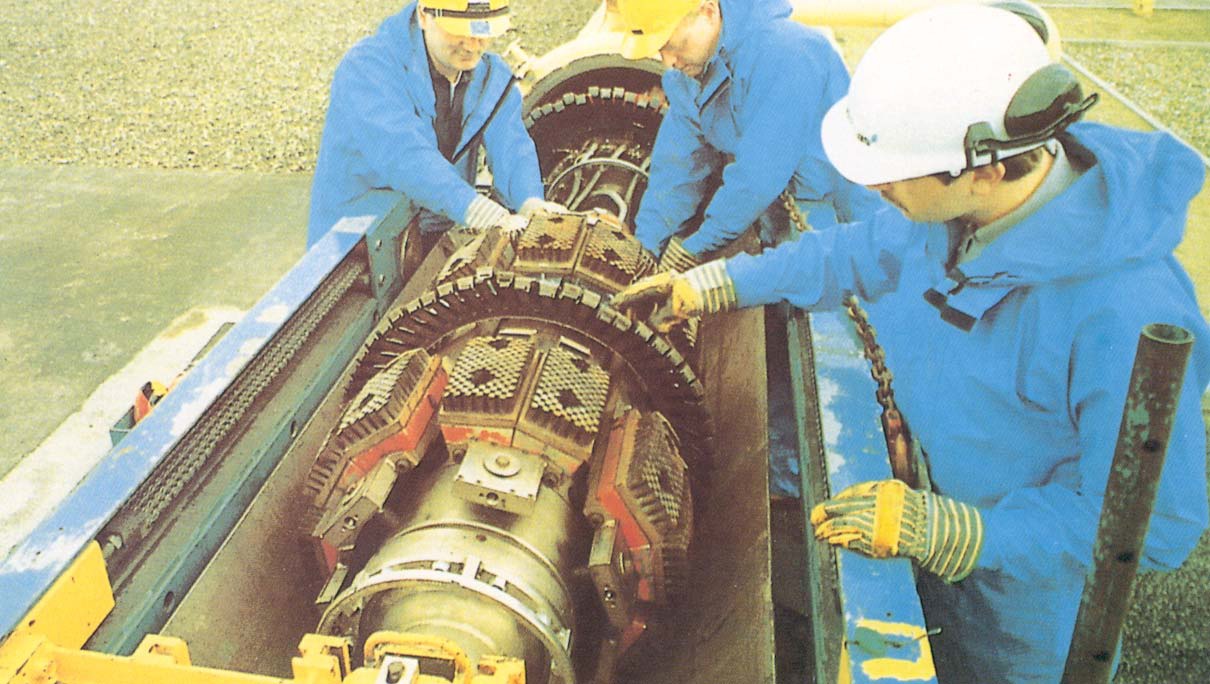How do Inconel alloys perform in varied service conditions?
Inconel grades are high nickel alloys that are designed to resist corrosion specifically at the elevated points. They are recommended materials for use in sulfur-free media.
Inconel alloys are suitable for use from cryogenic points to above 1200oF. They are widely used in the chemical units. Applications include heaters, stills, bubble towers, condensers for treatment of fatty acids, evaporator tubes, sheets, flaking trays for the production of sodium sulfide and equipment for dealing with abietic acid in the production of paper pulp. Strength and oxidation resistance at high temperatures make Inconel alloys suitable for use in multiple applications in the heat processing industry. They are standard alloys for nuclear plants, providing outstanding resistance to corrosion in high-purity water, and prevent stress corrosion cracking in reactor water equipments.
Resistance to variety corrosive media by Inconel wire is excellent. They function suitably in oxidizing and reducing conditions. High nickel concentration provides outstanding resistance to alkaline solutions. They adequately resist corrosion in strong oxidizing acid solutions. The oxidizing effect of dissolved air alone is adequate ensure complete passivity and freedom from corrosion in air-saturated mineral acids and specific concentrated organic acids.
Chromium-nickel stainless steels in some cases fail severely by stress corrosion cracking. This damage is often associated with chlorides conditions and stress water, dissolved oxygen and other agents. Inconel virtually resists chloride ion stress corrosion cracking.
Sulfur compounds- Inconel alloys resist corrosion at moderate temperatures, however they are susceptible to sulfidation at the elevated points.
Inconel offers superior performance to Monel, It resists corrosion in marine conditions.
Inconel alloys provide suitable performance against moving sea water and salt water spray. It remains unaffected in fresh water as well as in natural waters. Inconel prevents corrosion in primary and secondary coolants in nuclear plants. Galvanic coupling of alloy to stainless steel doesn’t speeds up corrosion on any member of pair.
Performance of Inconel alloys against steam and all mixtures of steam, air and carbon dioxide is significant. It is fit for use in contact with steam at the elevated temperatures. Steam doesn’t affect the spring properties of Inconel alloys.
Inconel alloys offer significant resistance in oxidizing and reducing conditions. They are not fit for use in solutions containing considerable magnitudes of sulfur dioxide, however they significantly prevent tarnishing by dilute solutions occurred in food processing.
At room temperature, Inconel alloys provide adequate resistance to sulfuric acid. It resists poorly at boiling temperature. Monel and some of the exotic stainless steel have superior resistance than Inconel.
Inconel alloys offer moderate resistance in dilute mixtures of hydrochloric acid and are not preferred in hot or concentrated solutions. They have suitable resistance or poor resistance in vapour phase. Inconel alloys resist corrosion in all concentrations of phosphoric acid at room temperatures. Corrosion is quick at the high temperatures and concentration of above 50%. They show poor resistance to nitric acid.
Inconel alloys practically offer complete resistance to corrosion by organic acids as they are found in food products and alcoholic beverages. Acetic and formic acid at room temperature have no effect on Inconel. The resistance is usually adequate at high temperatures. Outstanding resistance can be anticipated in hot fatty acids.


